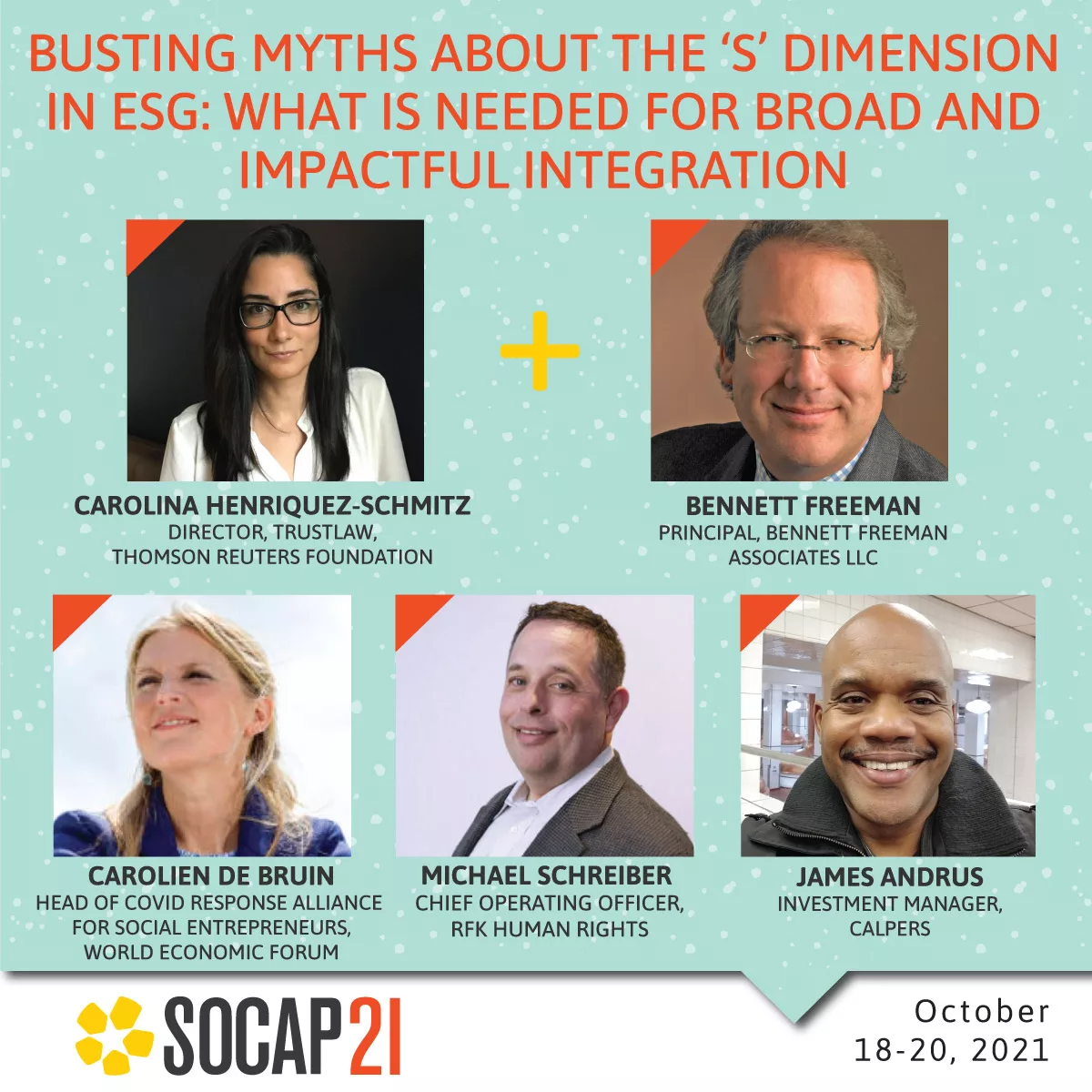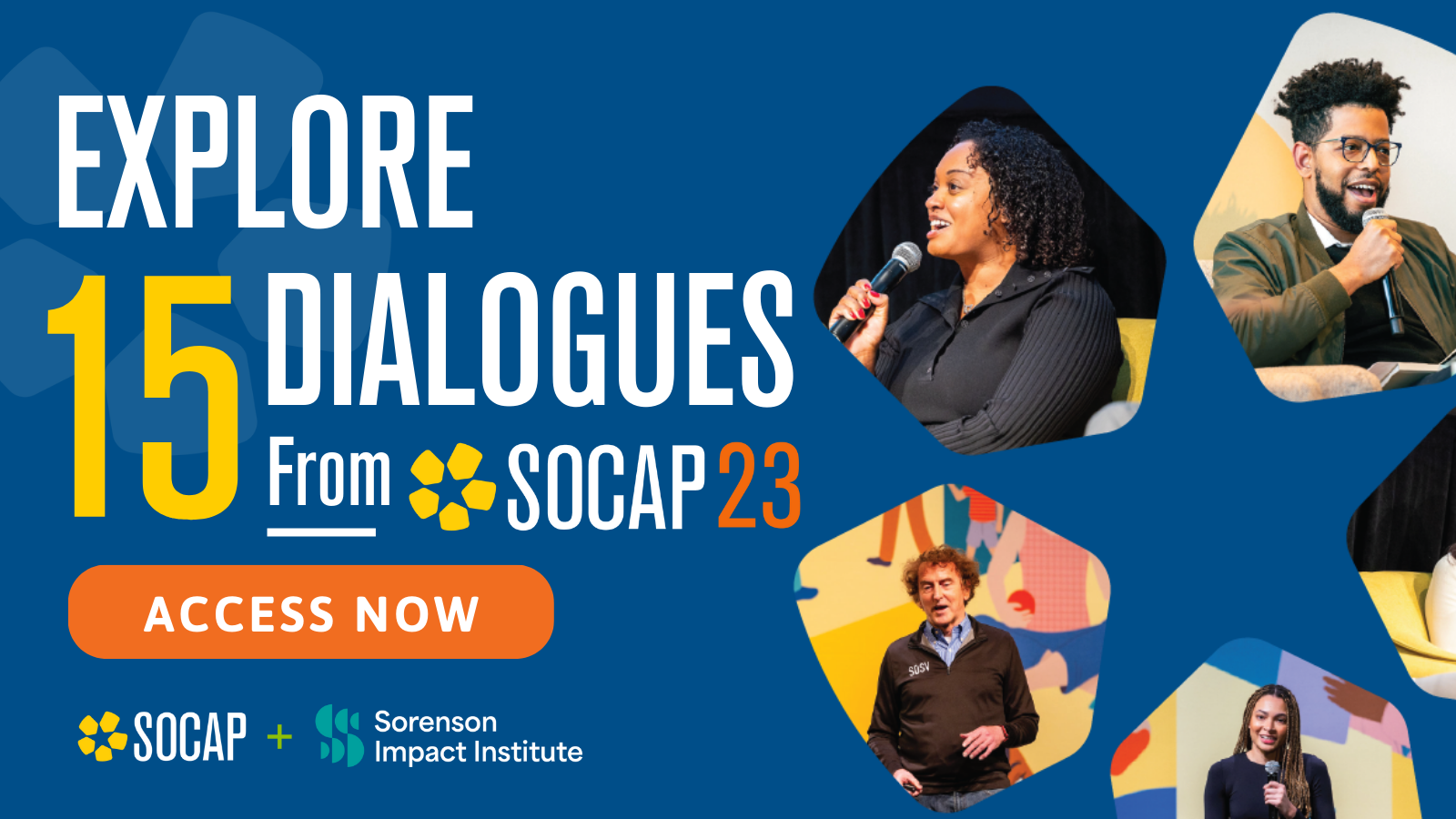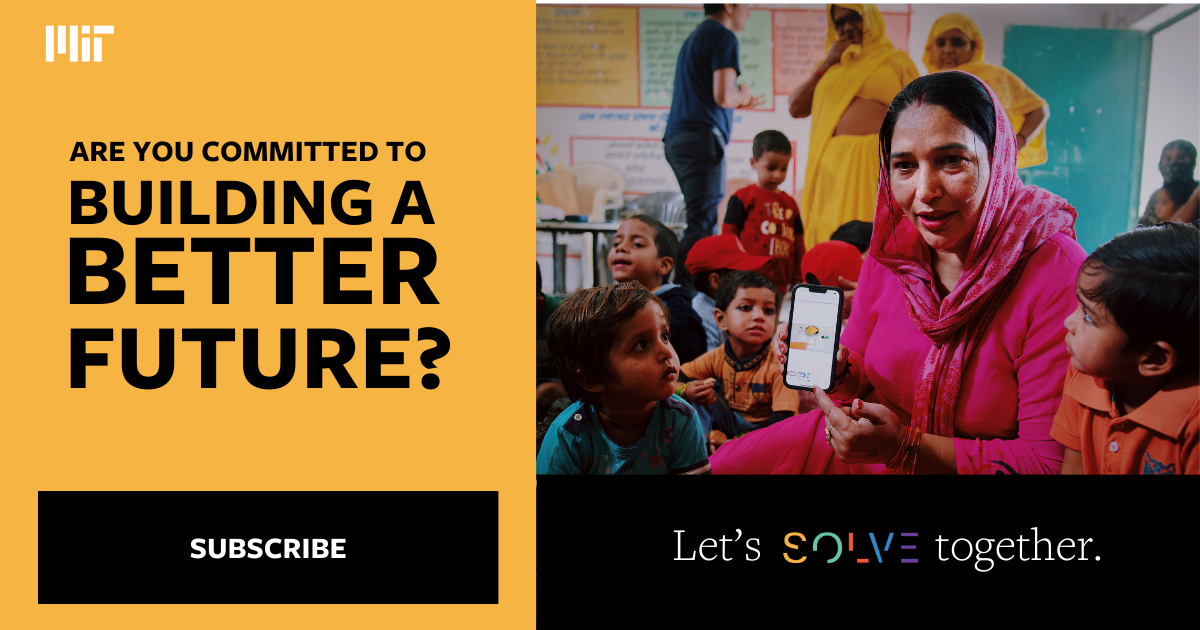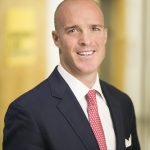SOCAP21 Session: Busting Myths about the ‘S’ Dimension in ESG
The global spotlight on racial injustices and social inequities heightened by the COVID-19 pandemic has accelerated investor and consumer interest in a company’s social impact. But the middle value in “ESG” — social impact — is seen by some as more challenging to define and measure than environmental or governance factors.
In this session from SOCAP21, leaders in the human rights and investment spaces discussed the importance of increased awareness of social impact in tackling global inequities and building a more inclusive and sustainable economy, as well as ways to better determine and measure that impact.
Session moderator Carolina Henriquez-Schmitz, Director, TrustLaw, Thomson Reuters Foundation, said impact investors often cite uncertainties when trying to incorporate social factors that tend to be trickier to prioritize and quantify.
“In the world of ESG investing, the integration of social performance assessment has seen insufficient progress,” Henriquez-Schmitz said. “It is plagued with many challenges and misperceptions about why social indicators — such as company’s labor practices or community relations — why they matter, and how and whether they can be integrated into investment analysis.”
But the COVID-19 pandemic did bring renewed attention to the vulnerability of supply or value chains and their significance for the global economy, said Carolien de Bruin, Head of COVID Response Alliance for Social Entrepreneurs, World Economic Forum.
“The ‘S’ in investment decisions and in doing good business is essentially fundamental in keeping these value chains operating in times of crisis,” de Bruin said. “Returning to business as usual is not a reality.”
Instead, de Bruin and others in the alliance are working to advance a new way of thinking about business that creates value for multiple stakeholders — including those throughout the vital value chains — rather than solely shareholders. She said entrepreneurs and other forward-thinking economic leaders already are realizing the role that business must play in creating a more sustainable future.
James Andrus, Investment Manager, CalPERS, said employee rights and similar social factors should be incorporated by regulatory boards like the U.S. Securities and Exchange Commission so more investors factor them into their financial decisions. In the view of CalPERS and other similarly minded investors, he said, companies that focus solely on short-term earnings are falling short with their employees and communities.
“We want employees to be paid a fair wage and given fair benefits so they can be great consumers to benefit the entire economy,” he said. “We’re asking for a culture where you treat people a certain way … that’s mindful of human rights and dignity.”
Because different organizations may prioritize different social factors, defining and measuring that impact poses a unique challenge, said Michael Schreiber, Chief Operating Officer, RFK Human Rights.
“People aren’t disclosing or caring about the data in ways that bring it to the surface,” he said. “That requires our collective support as a society and public policy to create regulatory requirements that drive toward baseline disclosure.”
Schreiber added that because much of this data currently is self-reported, it’s important to encourage the development of third-party entities to establish standards for measuring and reporting social impact.
Bennett Freeman, Principal, Bennett Freeman Associates LLC, Bennett Freeman Associates LLC, noted the changing nature of social issues as another initial obstacle.
“We need to distinguish between what’s material and what’s salient,” he said. “We have to recognize also that what is salient today, this year, next year, and not yet material could be material tomorrow, the next year, the next decade.” It’s also important to understand that these are dynamic issues that require some flexibility, he said.
Watch Busting Myths about the ‘S’ Dimension in ESG: What’s Needed for Broad and Impactful Integration
This SOCAP21 session features:
- Carolina Henriquez-Schmitz, Director, TrustLaw, Thomson Reuters Foundation (Moderator)
- Bennett Freeman, Principal, Bennett Freeman Associates LLC, Bennett Freeman Associates LLC
- Carolien de Bruin, Head of COVID Response Alliance for Social Entrepreneurs, World Economic Forum
- Michael Schreiber, Chief Operating Officer, RFK Human Rights
- James Andrus, Investment Manager, CalPERS







